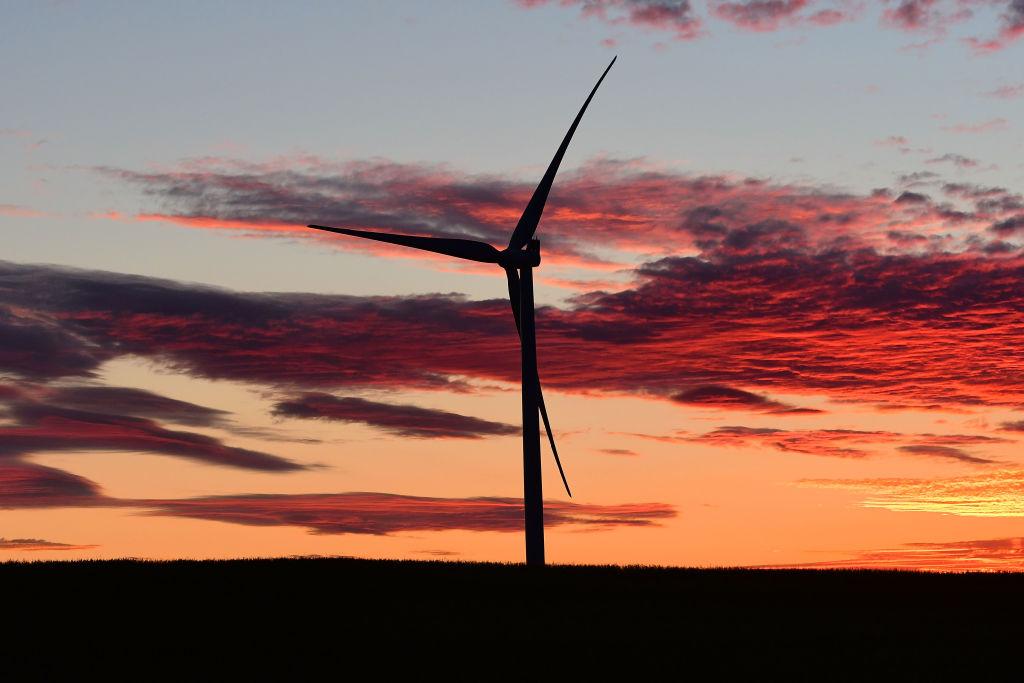Farming groups in Australia and New Zealand are pushing to reduce greenhouse gas emissions from agriculture and “adapt to climate change.”
The peak Australian body representing farmers and agriculture in Australia has signed up to an Agriculture Climate Alliance at COP28 in Dubai.





